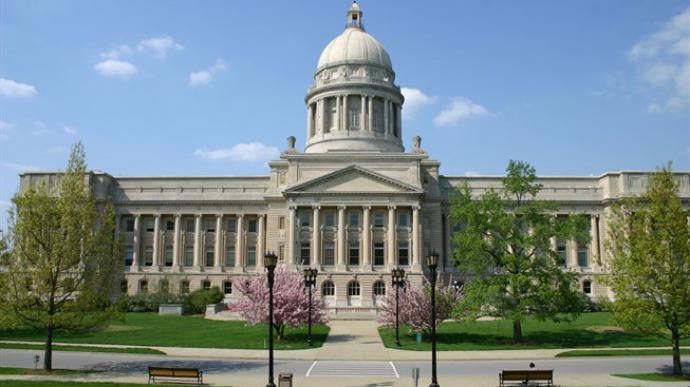1.
Presently, how many Indian States have a bicameral state legislature?
2.
How soon should the elections to be held in the state after the end of the Emergency?
3.
In which one of the following states, it is not constitutionally obligatory for the Governor to appoint a minister in-charge of tribal affairs?
4.
Which one of the following is not correct in respect of the Governor’s Ordinance-making power?
5.
Rules for more convenient transaction of business of the State Government are made by:
6.
If the legislative assembly dissolves while any bill is pending, then what becomes of the bill?
7.
What among the following is the common procedure for both the Parliament and the state legislature?
- A bill (not a money bill) can be passed in either Houses
- Money Bill can only originate in the lower house (Lok Sabha and Vidhan SabhA.
- An ordinary Bill can be introduced either by the minister or private members
- At the point of a deadlock between the Houses over an ordinary Bill, there can be a joint sitting of both Houses
8.
Under which Article of the Constitution of India, the State Governor can reserve a Bill for the consideration of the President?
9.
Which Articles in the Constitution deal with the topic of state legislatures?
10.
Member of the Legislative Council submits his resignation to ....
11.
Who among the following in the state legislature decides whether a bill is a Money Bill or not?
12.
The Governor of a State may be removed from the office by the President:
13.
Who of the following is not appointed by the Governor?
14.
Assertion (A.: Reservation of a State Bill for the assent of the President is a discretionary power of the Governor. Reason (R): The President of India can disallow a Bill passed by a State Legislature or return it for reconsideration. Codes:
15.
In which of the following states there is no Legislative Council?
16.
Which one of the following Constitutional Amendments made it possible to appoint one person to hold the office of the Governor in two or more states simultaneously?
17.
Which is the smallest legislative assembly (capacity) in India?
18.
Which of the following statements is not correct?
19.
What is the maximum gap between the two sessions of state legislature?
20.
Who does not participate in the election of the Legislative Council?


